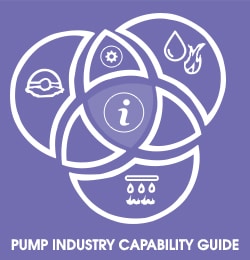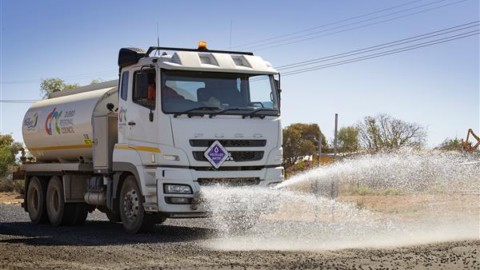Significant works are being undertaken at the Bryn Estyn Water Treatment Plant in Hobart, to improve water supply capacity and meet increasing demand.
As summer approaches, there are challenges affecting the greater Hobart water supply, which may result in the need for water restrictions. Additionally, spring has brought prolonged and heavy rain to Tasmania with more on the way.
TasWater Climate Change Strategy Lead, Luc Richard, said although rain helps to fill up the state’s rivers, creeks, and storages – reservoirs and dams – it causes other issues.
“When we have heavy rain, it runs straight into our rivers carrying with it huge amounts of sediment and debris, and stirs up sediments already in the river. The water becomes cloudy and thick with suspended matter, we call this turbidity,” Mr Richard said.
“It makes water more difficult to treat and impacts on the amount of water we can treat in a day.”
Part of the challenge of meeting greater Hobart’s ever-increasing demand is to do with existing systems and processes.
TasWater Project Delivery General Manager, Tony Willmott, said, “The Bryn Estyn Water Treatment Plant in the Derwent Valley, originally built in the 1960s, supplies almost 60 per cent of drinking water to greater Hobart residents.
“We are undertaking significant works at the plant to increase water supply capacity for the community now, and for the next 30 to 50 years depending on how fast the greater Hobart region grows.
“Since works started at Bryn Estyn, we have poured over 3,400 cubic metres of concrete, placed over 850 tonnes of reinforcing steel and excavated 17,000 cubic meters of soil.
“Hobart’s open storages are also adding to the water surety issues, and we are taking several steps to address this including planned and current works.
“Currently, we cannot fully rely on our open storages and processes as much as we would like given the impacts of adverse weather events and undertaking essential maintenance and upgrades, so we are asking Southern Tasmanians to be mindful of their water use.
“While TasWater is working hard and planning for the future, we all have a role to play as a community to conserve water and help make sure it is available when it is needed most.”















